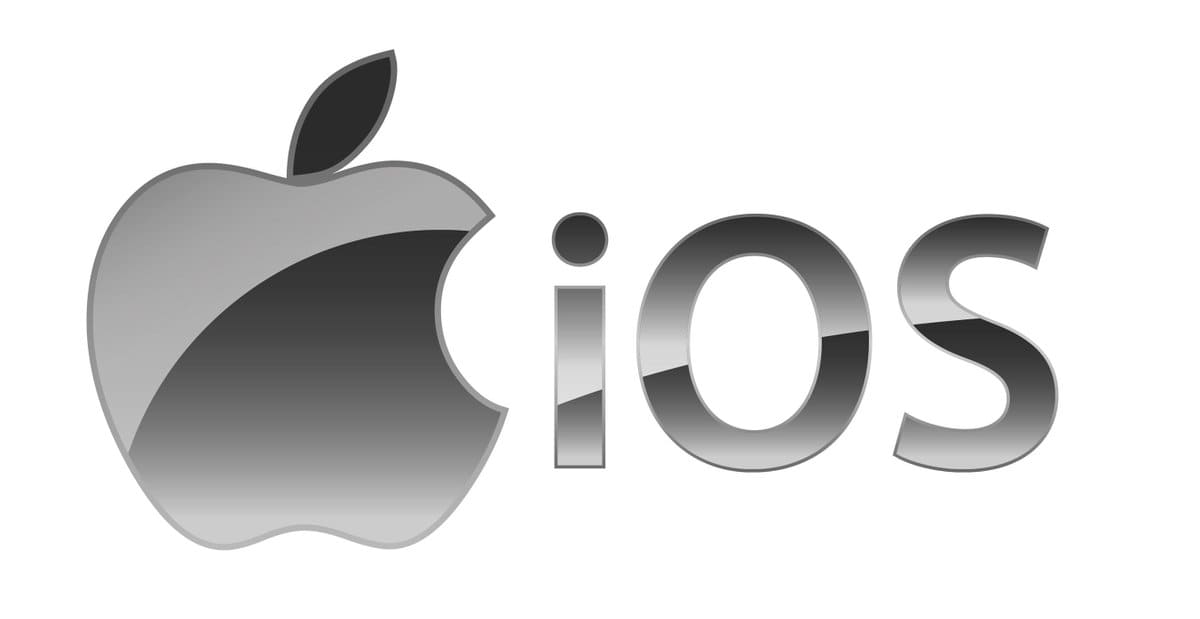By Zion Rufus
Major tech companies like Google and Apple have been making privacy-related moves to the detriment of marketers and advertisers as the enhanced privacy updates put more limitations around email marketing and in-app advertising. Some of these moves include the elimination of Google’s third party cookies and Apple’s latest mobile operating system, iOS 15 which has forced marketers to develop alternative ways to find potential customers and engage with existing ones.
Apple’s latest mobile operating system, iOS 15 provides enhanced privacy control such as Mail Privacy Protection, a feature that prevents email senders from knowing whether a user has opened an email, and hides IP addresses so that senders can’t link that action to other online activity or determine a user’s location. These changes will also impact how marketers measure campaign effectiveness as a result of the restrictions being placed on access to identifiers.
“Efforts from all other advertising networks to connect to Apple users will become increasingly difficult regardless of channel; either mobile advertising or through email,” says Oti Ukubeyinje, VP, product marketing and growth at Terragon Group. “This limits the inventory available for advertisers to reach apple users. The entire mobile/digital advertising ecosystem is waiting to see how this plays out.”
With the newly enhanced privacy settings, Apple users can now see how often apps have used the permission they’ve previously granted to access their location, photos, camera, microphone, and contacts during the past seven days. According to Apple’s Privacy report, users can check whether this makes sense to them, and take action by going to the app in Settings if it doesn’t. Users can also find out with whom their data may be shared by seeing all the third-party domains an app is contacting.
Similarly, a recent update in iOS 14.5 allowed Apple users to opt-in or opt-out of personalised ads. However, with over 1 billion active iPhone users, reports from research company Flurry has revealed that only 13% of users worldwide have accepted data tracking on their devices. In April, Apple introduced the controversial App Tracking Transparency (ATT) feature in iOS 14.5 which notifies Apple users when apps want access to a unique Identifier for Advertisers (IDFA) that’s embedded in devices including the iPhone. Marketers use the technology to improve the targeting of online ads, and users who decline to share their identifiers remain anonymous. iOS 14.5 faced criticism from companies including Facebook and app developers that complained the feature would reduce the value of digital advertising when people opted out of tracking.
“Apple will eventually become the biggest advertiser to iOS users,” Oti said. ” Overtime, advertising to Apple users will also become more expensive, and all key platforms are affected. For now, the opt-in rate of those who have accepted to be tracked is very low at less than 20% of total Apple users globally, although it’s a little bit higher than expected, it is still very low. There seems to be a large preference for Apple in-store related campaigns, as we know, standard brand awareness and reach is highly prioritized by Apple, but the privacy restrictions will make it more difficult to seek out new audiences.”






Comment
No comments found.